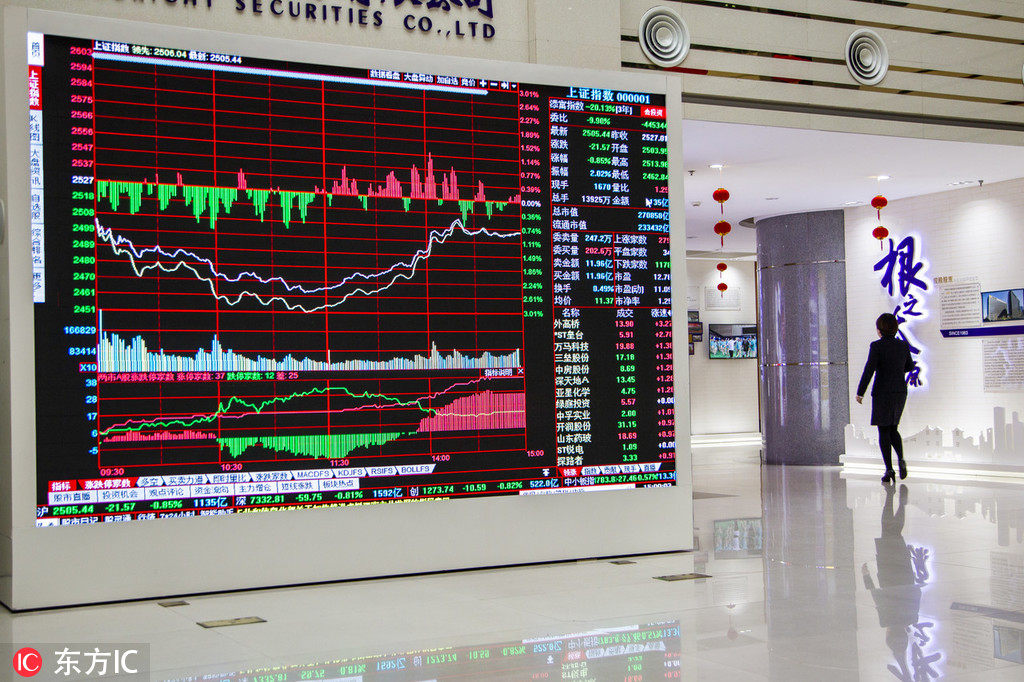China's sci-tech innovation board launch in final race as financial reforms quicken


BEIJING - China is preparing for the launch of a science and technology innovation board in a bid to leverage financial reforms to boost the development of the high-tech sector and to advance the transitioning economy.
The China Securities Regulatory Commission (CSRC), the regulator, has also said that it is top priority for the time being to establish the science and technology innovation board and to introduce the pilot registration-based initial public offerings (IPO) system.
Yi Huiman, the new CSRC chief, visited Shanghai last week to check preparatory work and solicit opinions, calling for coordinated efforts to push ahead with the reform and ensure its success.
The new sci-tech board will focus on companies in high-tech and strategically emerging sectors such as new generation information technology, advanced equipment, new materials and energy, and biomedicine, according to the CSRC. It was first proposed in November 2018 and was approved in late January and has since been pushing forward with full speed.
The Shanghai Stock Exchange (SSE) released draft rules for the board about one week after the plan was approved, and has finished public opinion solicitation for the regulations aiming to help firms sidestep complex IPO hurdles and access easier funding.
The exchange has already set up an IPO review center, a supervision department and corporate training office for the upcoming board. The review and issuance systems are in the final phases while research on potential candidates, risk control and investor education are also underway.
The new board is likely to be rolled out as soon as the first half of this year, according to Shi Donghui, head of the capital market research center with SSE.
Several start-ups have applied for IPO training on the board and some funds have developed related products to bank on the potential market boom. Local governments are also busy seeking qualified candidates and even offering bonuses for pioneers.
China's top leaders held a group study session last week to promote the supply-side reform of the financial sector, stressing the need to establish a standard, transparent, open, dynamic and resilient capital market.
The projected board has been regarded as a major reform step for China's capital market as it will give a test run to a long-expected registration-based system for IPOs and will ease the listing criteria, such as allowing companies that have yet to make a profit to list.
The SSE also said it would widen daily trading limits of the new board by allowing stocks to rise or fall by 20 percent each day before trading was halted, and no daily limits will be imposed for the first five trading days of newly listed stocks to allow for more trading flexibility.
Data from global auditing and consultancy PwC showed that the IPO volume of China's technology, media and telecom (TMT) firms in 2018 almost tripled that in 2017, indicating strong growth and financing demands for these sectors.
Many firms might choose to list on the science and technology innovation board instead of Hong Kong or overseas exchanges thanks to the new board's inclusive listing rules, predicted Lin Xiaofan, a TMT partner with PwC China.
China International Capital Corporation expected that about 150 firms will be listed on the new board this year, raising 50 billion yuan ($7.48 billion) to 100 billion yuan.




































